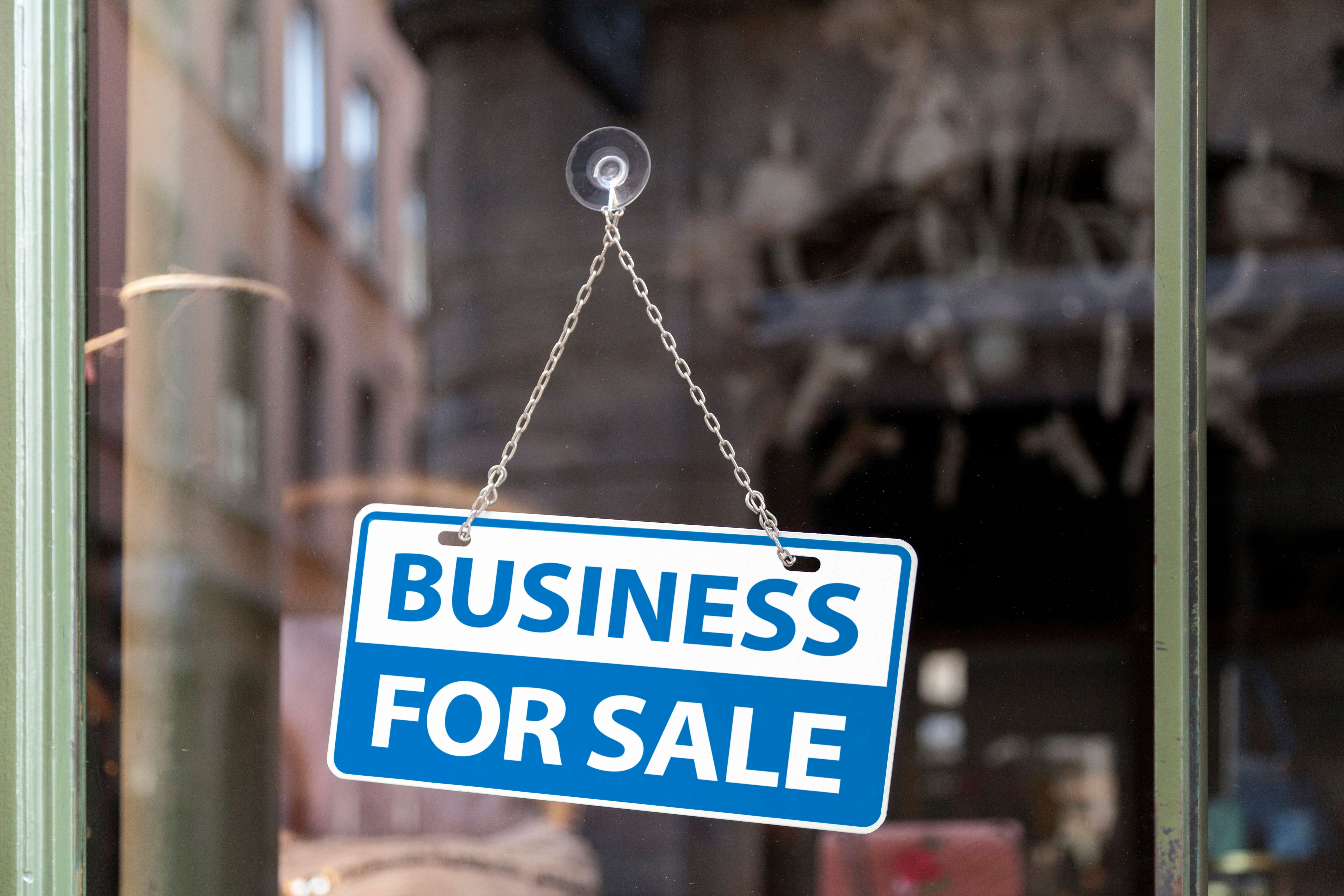The Australian retail tyre industry has long been a cornerstone of the broader automotive services market. With strong demand driven by vehicle ownership and ongoing maintenance needs, tyre retailers can be highly profitable businesses especially those backed by strong branding, loyal customer bases, and operational efficiency.
However, when the time comes to sell, many business owners are caught off guard by the amount of preparation needed to successfully exit their business for the right price. Whether you own a single independent tyre shop or a group of stores under a national franchise, preparing for a sale involves more than just putting a "For Sale" sign in the window.
Here’s what to expect when selling your tyre retail business, and how to position it for maximum value
Preparation Starts Early: Financials & Add-Backs
Before taking your business to market, it’s essential to get your financial house in order. This starts by working closely with your accountant to present the last three years of financial statements. Importantly, you’ll want to include a normalisation of earnings, often referred to as "owners add-backs".
These adjustments help buyers understand the true profitability of the business by adding back non-recurring expenses, personal expenses run through the business, or excessive owner salaries. The goal is to present a clear and consistent picture of the business’s earnings before interest, tax, depreciation, and amortisation (EBITDA).
Setting a Fair Market Value
Valuation is both an art and a science. In the retail tyre space, businesses that meet key performance indicators (KPIs)—such as strong customer retention, healthy margins, updated workshop equipment, and well-maintained premises—can command higher multiples.
A general industry benchmark in Australia is a multiple of 2.25x to 2.5x earnings, with 2.5x being achievable when:
- The store has modern, updated equipment and machinery.
- The location is compliant with all health, safety, and signage regulations.
- The brand is strong and consistent.
- There is a well-trained team in place.
- Revenue is stable or growing year-over-year.
Buyers pay a premium for confidence. If your business looks turnkey and future-proofed, you'll be in a much better position to justify the top end of valuation ranges. A managed outlet may achieve a higher multiple of 3x
Understanding Comparable Sales
When establishing a selling price, it’s essential to benchmark against recent tyre retail business sales. For example:
- A branded tyre store in suburban Melbourne with annual EBITDA of $220,000 and updated facilities recently sold for $550,000 + Stock At Valuation (SAV) a 2.5x multiple.
- In contrast, an underperforming regional store with outdated equipment and inconsistent trading history fetched just 1.8x.
Comparing similar store types, locations, and brand affiliations is crucial in understanding your position in the market.
Undervaluing your business can leave significant money on the table, while overpricing can delay or sabotage the sale altogether. Worse still, in group sales, overpricing a single store can distort buyer expectations and potentially drag down the perceived value of the entire network.
Don’t Overlook Compliance and Presentation
Buyers want a business that looks the part and is fully compliant. That means:
- Signage should be clean, modern, and consistent with brand standards.
- Workspaces and waiting areas should be well-maintained.
- All local council and occupational health & safety (OHS) regulations must be met.
- Equipment should be modern and well-serviced.
These visual and operational cues matter—especially to institutional or corporate buyers, who often evaluate multiple stores in a portfolio before making an offer.
Work With Professionals
Selling a business is complex, and tyre retail is no exception. Work with your accountant early on to clean up the books. Consider engaging a business broker with experience in the automotive sector who understands the market and can position your store appropriately.
Selling your tyre retail business is one of the most important transactions you'll ever undertake. Done right, it can be a rewarding exit that reflects the years of hard work and investment you've put into growing your store.
By preparing your financials, benchmarking against recent sales, and ensuring your business is modern, compliant, and attractive to buyers, you’ll significantly increase your chances of achieving a strong multiple—potentially up to 2.5x earnings or higher.
More importantly, you’ll protect the value of your individual store and any group you may be a part of—ensuring the tyre retail sector continues to be seen as a high-value, high-potential space for investors and owner-operators alike.



